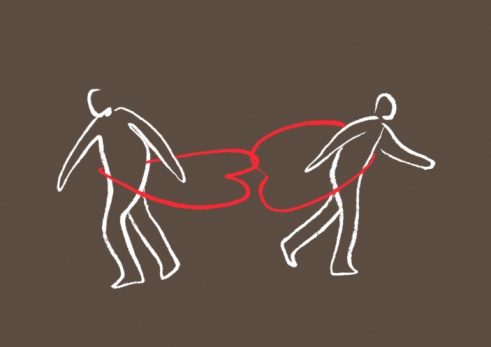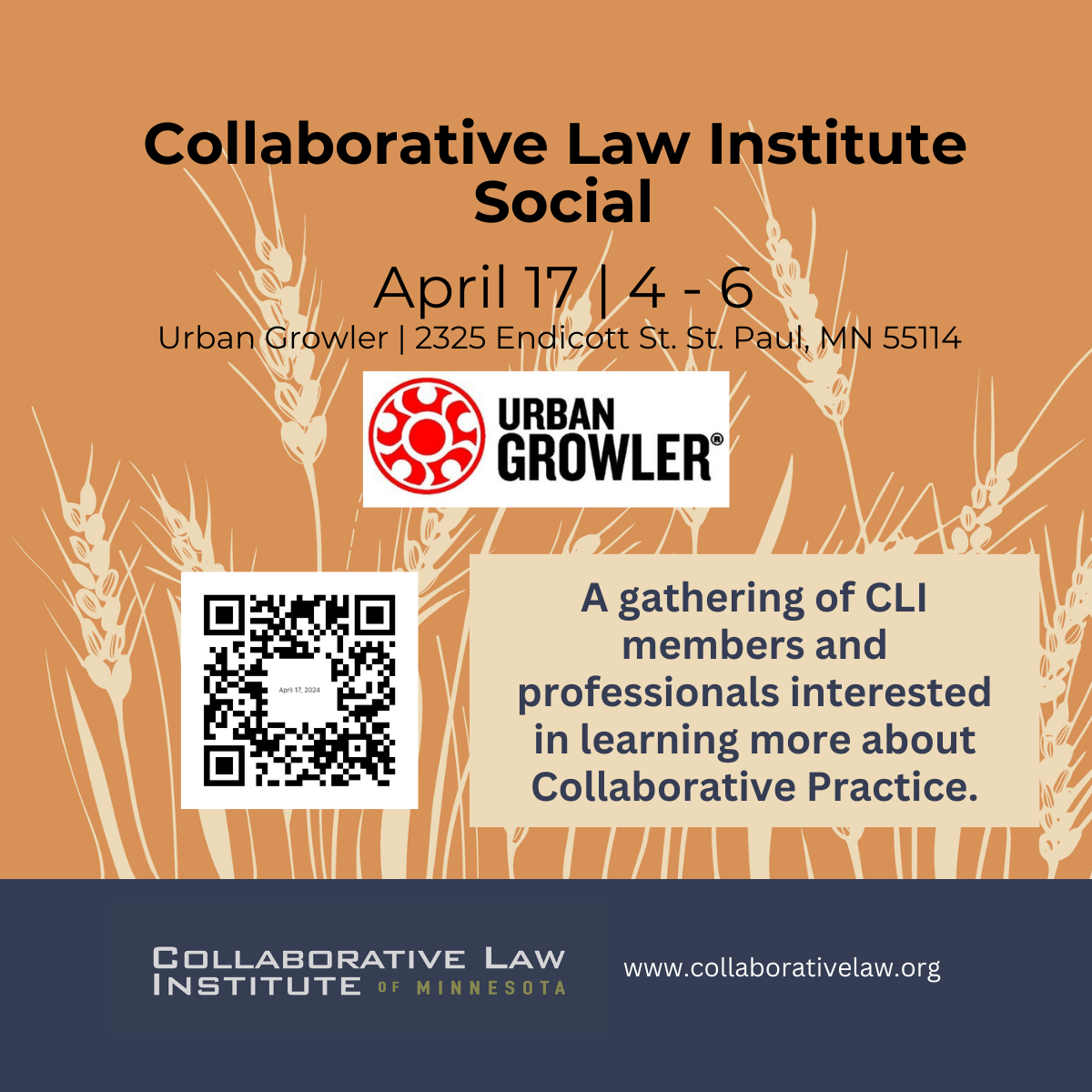In Part 1, vortex was defined as:
1) a whirling mass of water or air that sucks everything near it towards its center;
2) a place or situation regarded as drawing into its center all that it surrounds, and
 While researching for this post, I came across a number of divorce-related blogs. The blog medium provides an efficient and concise opportunity to share information and educate the public. This blog focuses on the collaborative process — where clients commit
While researching for this post, I came across a number of divorce-related blogs. The blog medium provides an efficient and concise opportunity to share information and educate the public. This blog focuses on the collaborative process — where clients commit  Collaborative Divorce was started in Minnesota 25 years ago and has spread to more than 20 countries because it meets two basic needs felt by divorcing couples around the world. What does it mean to say that a divorce is
Collaborative Divorce was started in Minnesota 25 years ago and has spread to more than 20 countries because it meets two basic needs felt by divorcing couples around the world. What does it mean to say that a divorce is  In Part I we learned that “rights-based” advocacy in the Court Model is hard on the problem but also hard on the people. Advocacy in the “interest-based” Collaborative Model is also hard on the problem, but SOFT on the people.
In Part I we learned that “rights-based” advocacy in the Court Model is hard on the problem but also hard on the people. Advocacy in the “interest-based” Collaborative Model is also hard on the problem, but SOFT on the people. 





